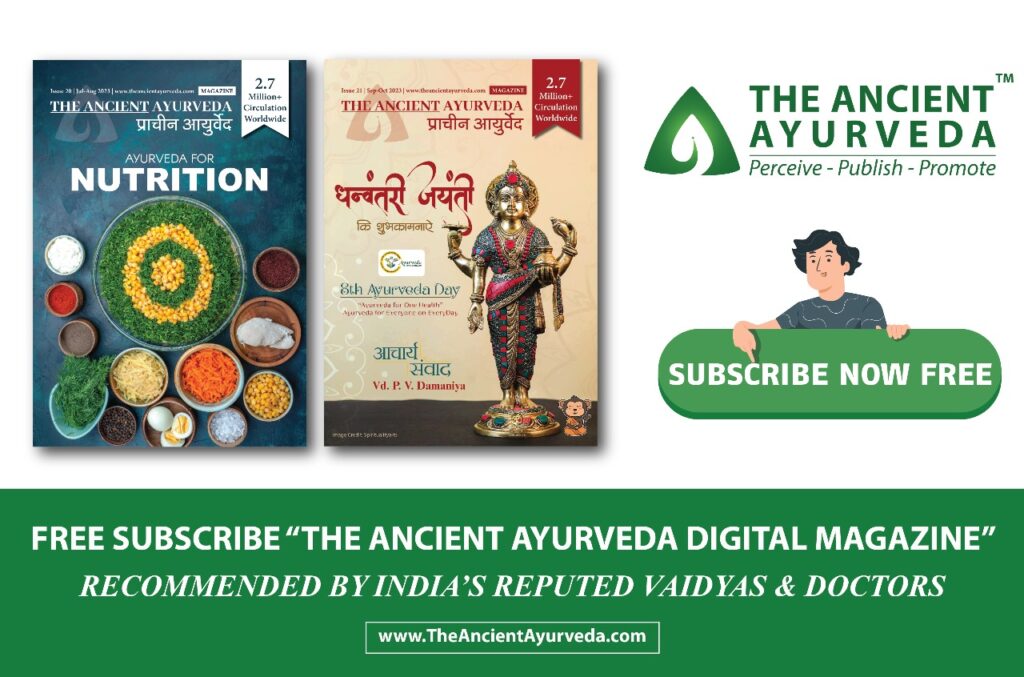Breast cancer is one of the most devastating diagnoses a woman can face. More than 100 women each day die from this dreadful condition. Family history of breast cancer is known to be one of the strongest risk factors for this disease. In simple terms, genetics can cause breast cancer in a family when there’s a mistake or mutation in certain genes, like BRCA1 or BRCA2. These genes normally help prevent cancer, but if they’re not working correctly due to a mutation, the risk of developing breast cancer increases. If a family member has such a gene mutation, it can be passed down to the next generation, raising the likelihood of breast cancer within the family. If a woman has a close family member with breast cancer, her own risk of getting it is doubled, and if that relative had cancer before menopause, the risk becomes three times higher.
Only about 10% of breast cancers are inherited through genes. Checking your family history is important to find out if you might have BRCA mutations. A thorough check should include information about your parents, siblings, and children, along with their ethnicity and the age when any of them had cancer. Tools are available to figure out if you need to talk to a genetics counselor or have more advanced screenings based on your family history. To find out if someone has this genetic predisposition, they can take a genetic test. This test looks at their DNA to check for these specific gene changes. Women with a 20% to 25% or greater lifetime risk of breast cancer should be offered enhanced screening with annual magnetic resonance imaging in addition to mammography.
Healthy living and enhanced screening could help the individuals to a greater extend.
Lifestyle Modification:
It’s a good idea for women with a family history to be physically active, like brisk walking for 30 minutes, five times a week, as this can lower the chance of getting breast cancer by 18-25%. Also, it’s wise to limit alcohol to less than one drink a day because having 2-3 drinks daily can increase the risk by 43%. Adequate sleep, regular exercise, and maintaining a healthy daily routine contribute to overall wellbeing. These lifestyle adjustments can positively impact cancer risk reduction.
Panchakarma:
Ayurveda places great importance on detoxification to eliminate toxins that accumulate in the body over time. Panchakarma, a specialized Ayurvedic detoxification procedure, is often recommended for preventing breast cancer. This therapy involves a series of cleansing treatments, including massage, herbal steam therapy, and purgation, to remove toxins and restore balance to the body. By eliminating toxins and purifying the system, Panchakarma helps to strengthen the immune system, improve metabolism, and reduce the risk of cancer.
Rasayana Therapy:
Ayurveda not only has powerful immunotherapy drugs that destroy cancer cells… but prevent them from ever forming in the first place. Rasayana therapy after purifactory treatment like VIRECHANA (purgation) has shown to increase the gene responsible for preventing cancer cell formation.
Protecting your hormone balance is critical in today’s modern world.A recent report from the World Health Organization tells us there’s a lot of plastic in our drinking water, and it’s causing problems for our water supply. These microplastics contain something called xenoestrogens, which act like the female hormone estrogen in our bodies. Vegetables like broccoli, Brussels sprouts, cauliflower, and cabbage contain diindolylmethane (DIM), which assists the body in breaking down estrogen into safe compounds that can be cleared away. Consumption of herbs like Shatavari and Aswagandha helps to maintain the hormone balance in the long run.
Langhana (Fasting Mimicking diet):
As per Ayurveda, disruptions in Srotas (microcirculation responsible for Dosha or bio-energies) due to dietary habits, lifestyle, and environment result in the buildup of imbalanced doshas. Consequently, these vitiated doshas affect both the blood and tissues, giving rise to the condition known as shopha or inflammation. Langhana or eating in a controlled manner is Ayurveda’s strong advice. Individuals with a genetic predisposition to breast cancer may benefit from Ayurvedic anti-inflammatory diet. Always eat freshly cooked warm food. Stale, refrigerated, food with hot potency like dairy specially cheese, meat and variety of peppers trigger the microbiome in the gut.This also includes incorporating Khichdi prepared with turmeric, ginger, pulses and cruciferous vegetables like broccoli and cauliflower, which support detoxification.
Chronic stress is a known contributor to various health issues, including cancer. Ayurveda advocates stress management techniques such as yoga, meditation, and breathing exercises. These practices not only promote mental well-being but also contribute to overall health.
Individuals with a genetic predisposition to breast cancer should continue regular screenings and follow medical advice. Consultation with healthcare professionals, including both Ayurvedic practitioners and oncologists, ensures a comprehensive and personalized approach to health.

